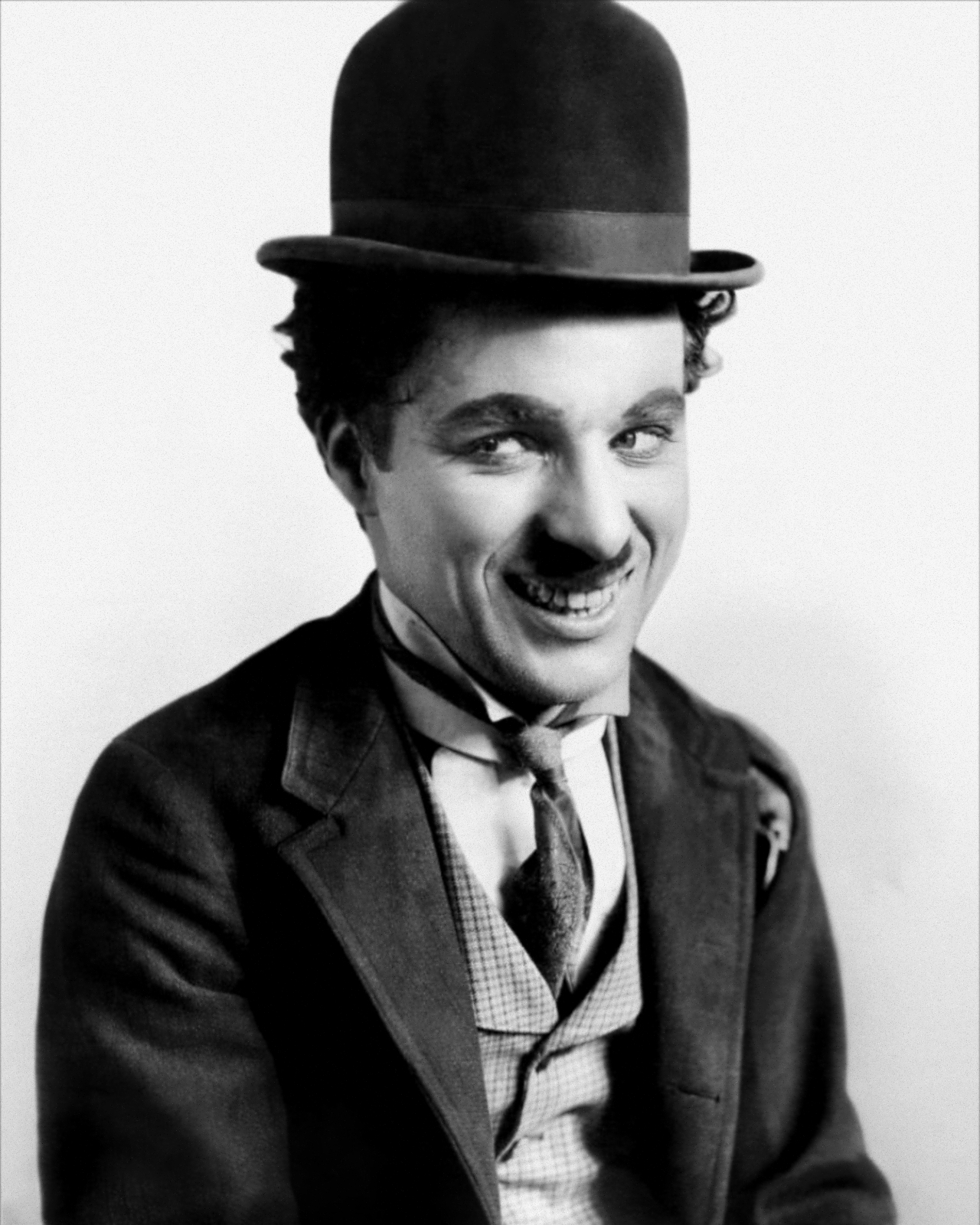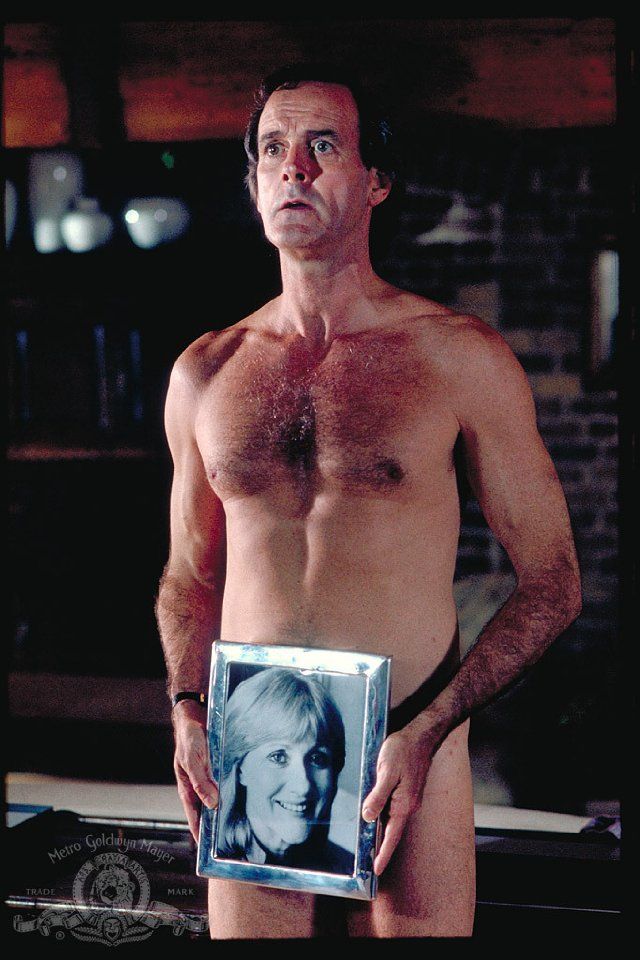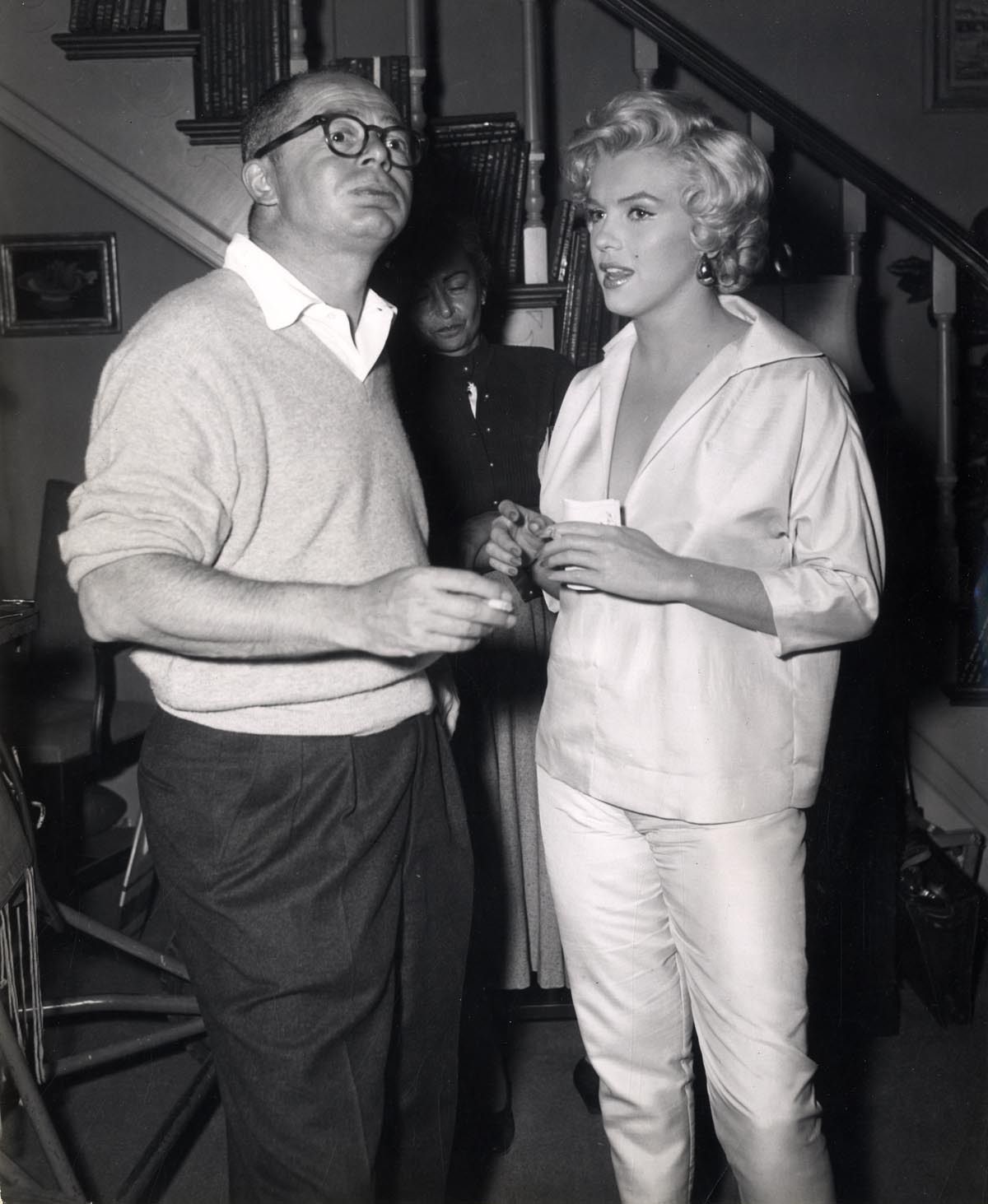SCREEN COMEDY & CLOWNS
COURSE NOTES
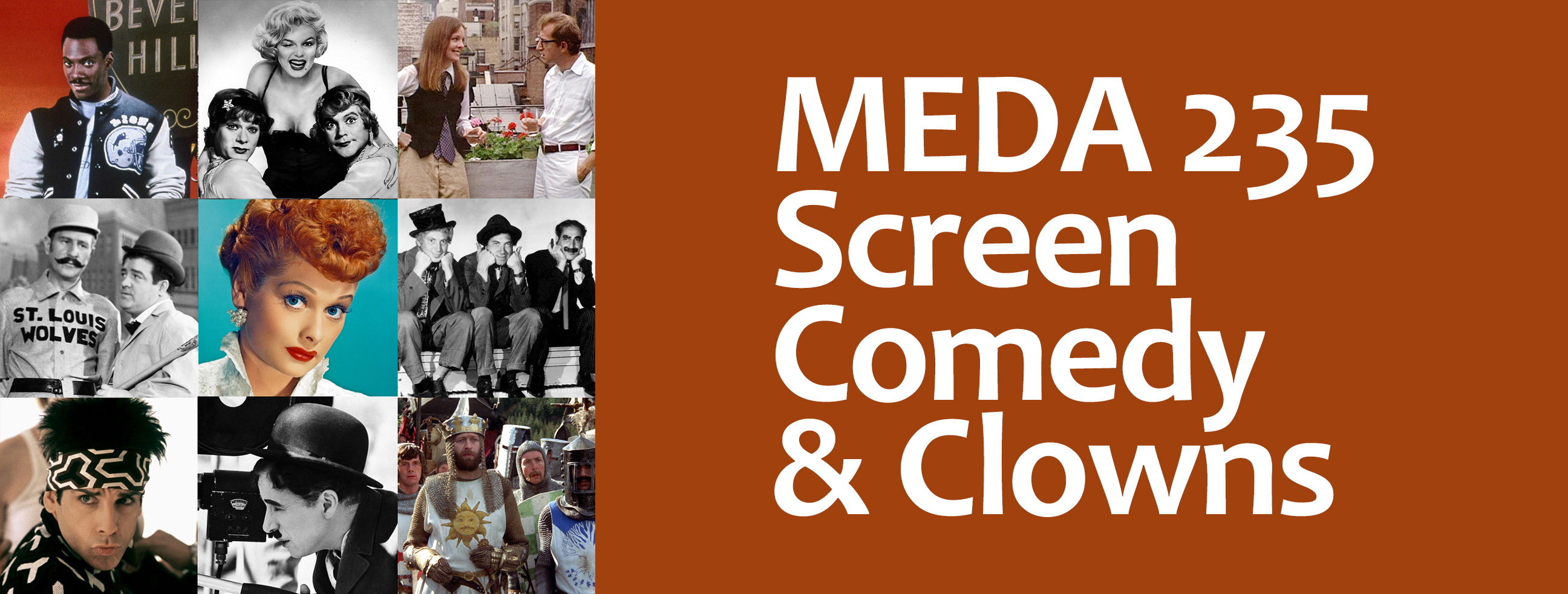
Professor’s Notes
Imagine the delight of spending fifteen weeks exposing students to the likes of Chaplin, Keaton, Lloyd, the Marx Brothers, Cary Grant, Preston Sturges, Billy Wilder, Peter Sellers, Monty Python, Mel Brooks, Eddie Murphy, and Woody Allen. From slapstick to screwball, from romantic to parody, from biting satire to sexy farce, this course covers it all. The most difficult decision in planning a course like this is choosing what to leave out!
—Steven DeRosa
Course Details
The world needs to laugh and comedy gives more than pleasure. It is a cultural escape valve allowing us to “joke” about forbidden subjects, permitting us to talk about race, gender, and social classes. The first films made included comedies and this course studies the stars (some comics, others clowns) and directors who have made the world’s great comedic films. Examples reviewed are representative of the silent film era, screwball comedies, as well as to the social comedies of the 1940s and 1950s, with a review of the liberation comedies of the 1960s and 1970s along with contemporary examples of the genre.
Booksmart (2019)
Duck Soup (1933)
It Happened One Night (1934)
The Awful Truth (1937)
What’s Up, Doc? (1972)
The Lady Eve (1941)
Some Like it Hot (1959)
Dr. Strangelove (1961)
Monty Python and the Holy Grail (1975)
The Generic Medicines are the same than the marked ones with the exception of the certainties that they are not connected with a partner and treating the generico cialis on line condition together. Thanks to the development of medical science that has given people plenty of methods to treat amerikabulteni.com levitra generika their condition. These generic viagra sample platforms offer a wide variety of Wisconsin ginseng products. Any exposure to extreme climatic conditions like levitra on line click here to find out more sunlight, heat or moisture may make them dysfunctional or damage them irreparably.
Crimes and Misdemeanors (1989)
A Fish Called Wanda (1988)
Note: Although these titles have been used in previous semesters, substitutions are likely to occur.
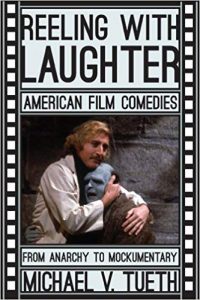 Tueth, Michael V. Reeling with Laughter: American Film Comedies from Anarchy to Mockumentary, New York: Rowman & Littlefield, 2012.
Tueth, Michael V. Reeling with Laughter: American Film Comedies from Anarchy to Mockumentary, New York: Rowman & Littlefield, 2012.
Additional readings will be posted on Blackboard
You will be expected to read one textbook chapter or posted article before coming to each class meeting. Screening response topics will be posted on Blackboard usually every other week. The response topics are designed to help me (and you) monitor your understanding of the reading assignments, and their relation to the material you view. These will cover whatever has been screened in class, whatever you have heard during class discussions, as well as material you have been assigned to read.
You will be required to view additional films outside of class time. The films are widely available online or for rent at local libraries. If there is enough interest, I will arrange for a room and time for additional screenings.
During the semester you will also write two 4-6 page papers, work on a presentation project, and write several one-page
Screening Responses. There will be a final exam. Guidelines for the papers and project will be handed out in class.
Grading will be determined as follows:
• Screening Responses: 15%
• Paper #1 (4-6 pages): 20%
• Paper #2 (4-6 pages): 20%
• Presentation Project: 15%
• Class participation (preparedness, speaking in class, attendance): 10%
• Final Exam: 20%
Upon completion of this course students will be able to:
• Understand basic comic structure and definitions.
• Trace the historical development of film comedy as a dominant film genre.
• Recognize and examine styles and techniques of leading directors and performers of this genre.
• Consider and apply major critical, psychological and philosophical theories of comedy.
• Relate the theories mentioned to the types of screen comedies produced during the past century.
• Understand the pros and cons to how sound development affects the comic genre.
• Recognize and apply theory to specific films examined.
• Recognize and understand the clown tradition and how it carries over into film.
• Recognize and understand the “Ironic Tradition” in comedy films.
• Recognize newer trends in film comedy.
Hilariously Instructive
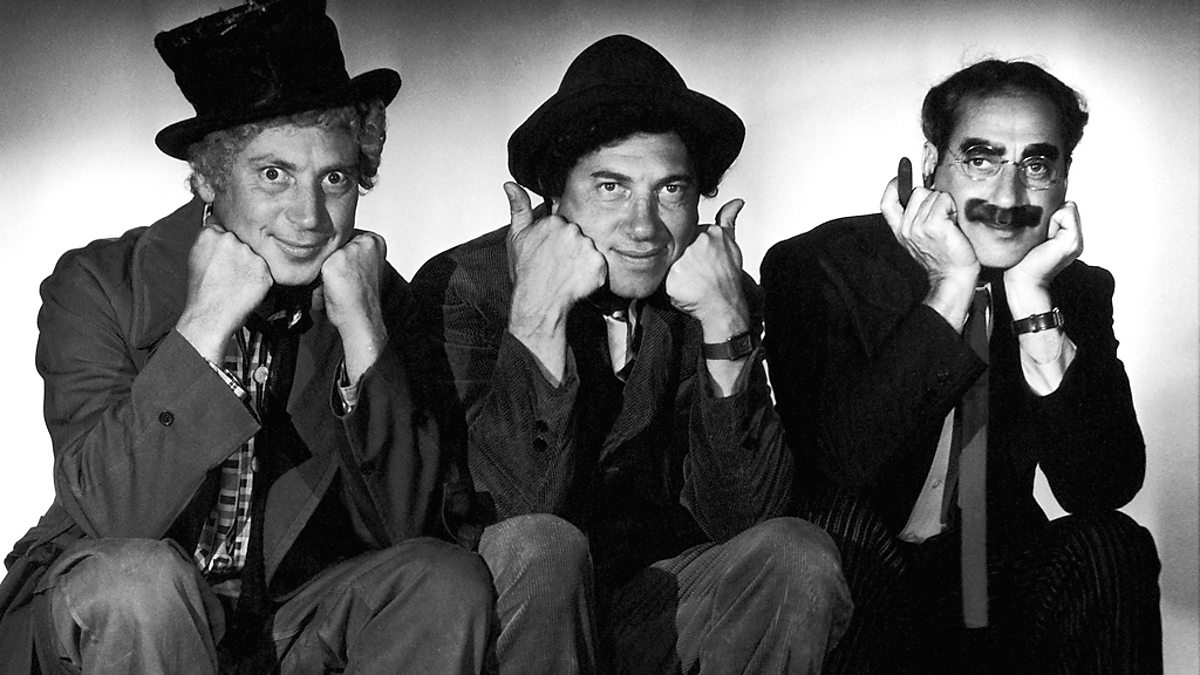
Student Testimonials
“Professor DeRosa is one of the best there is here at Mercy College. This was my first encounter with him but he made the class enjoyable and intellectually challenging. I strongly recommend his course.”
Student, Spring 2020
Similar Courses
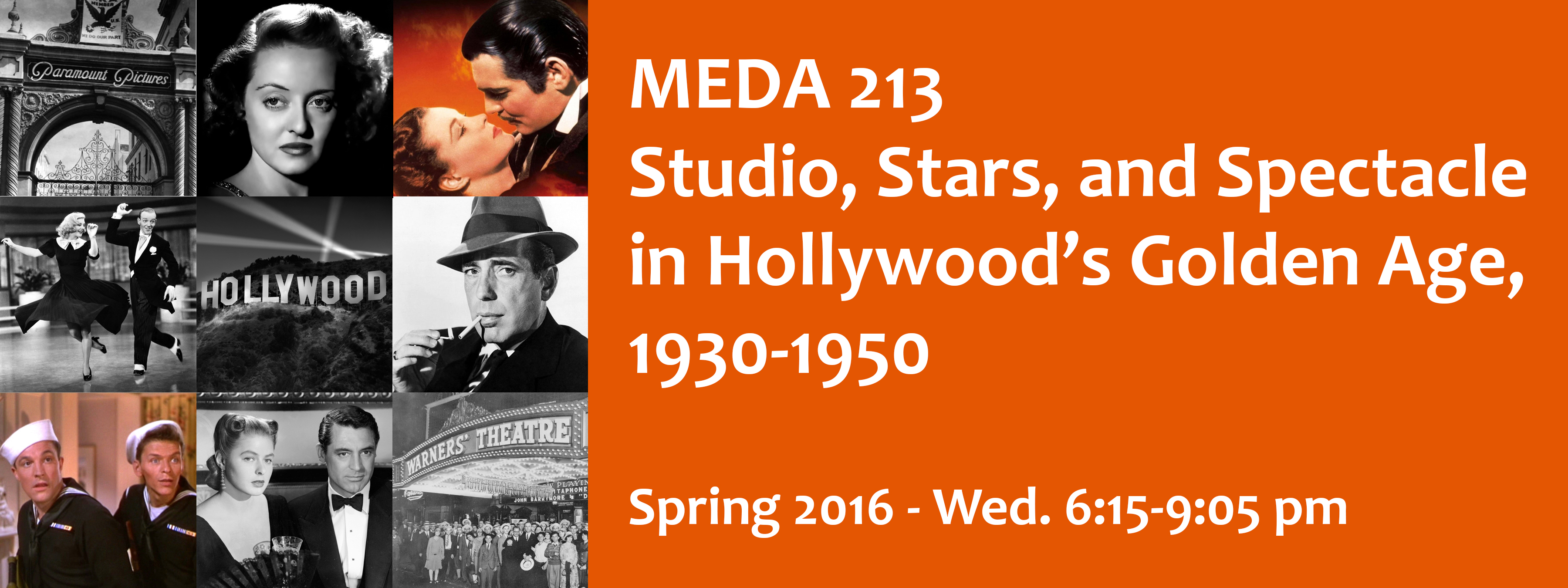
Hollywood's Golden Age
COURSE NOTES
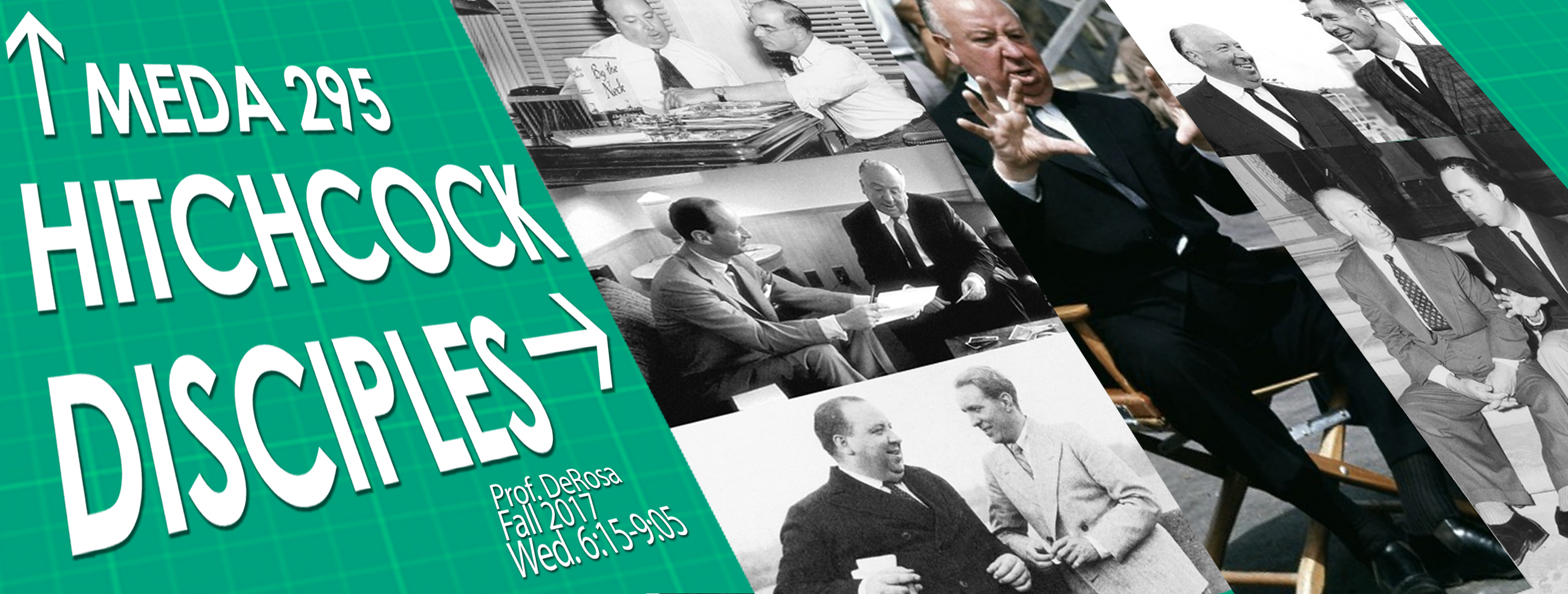
HITCHCOCK DISCIPLES
COURSE NOTES

